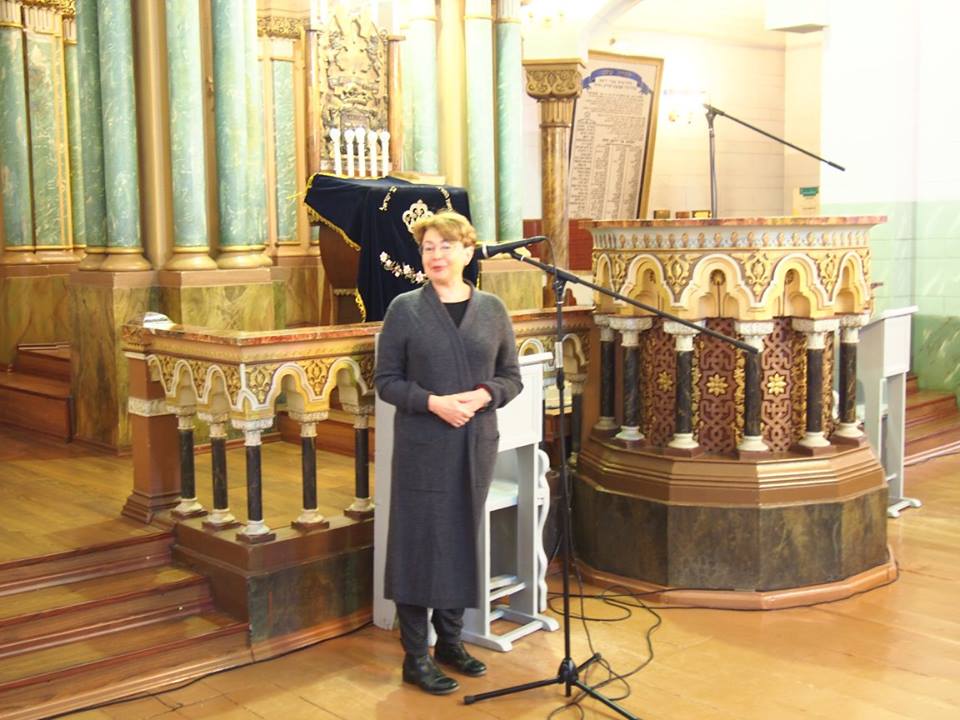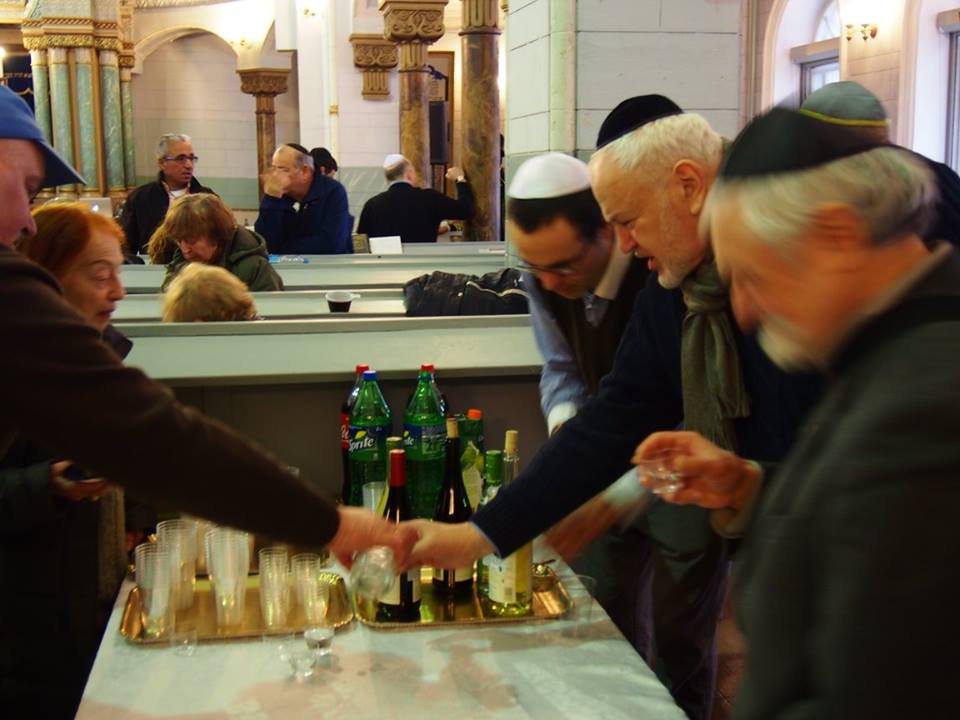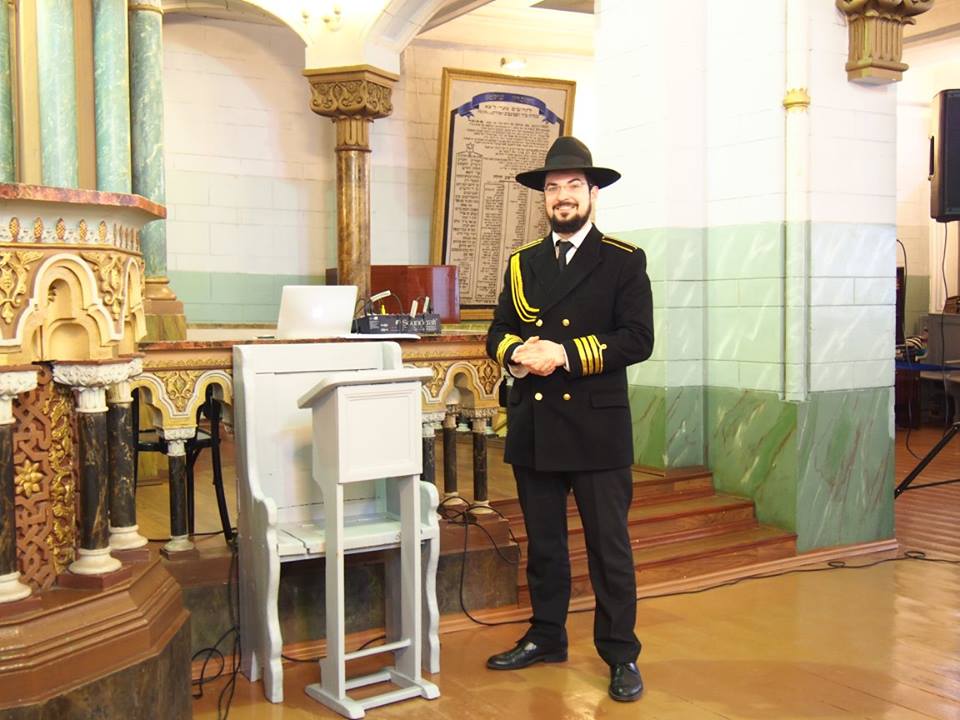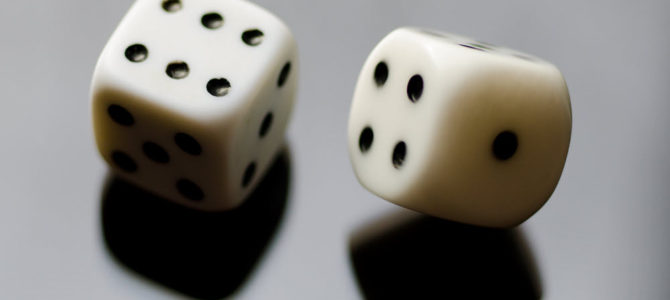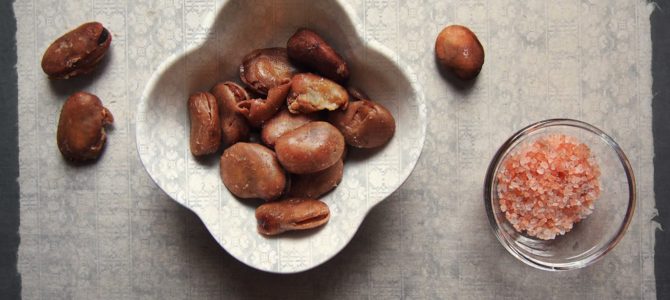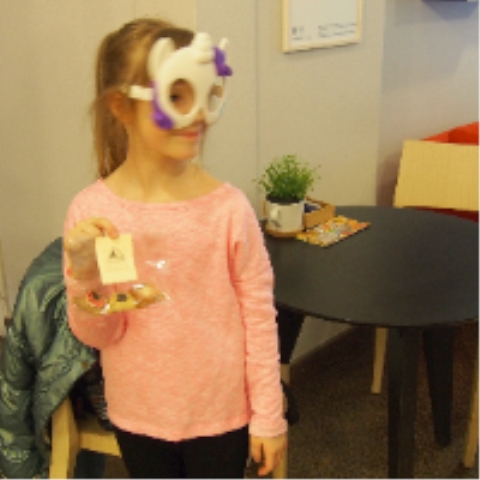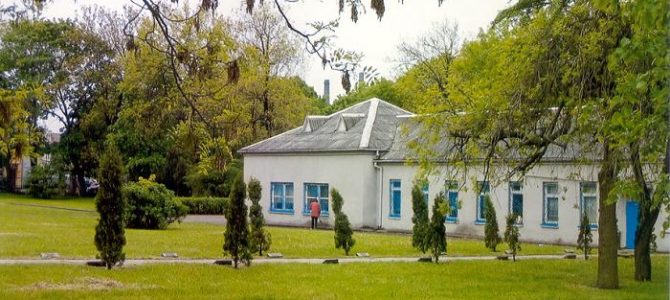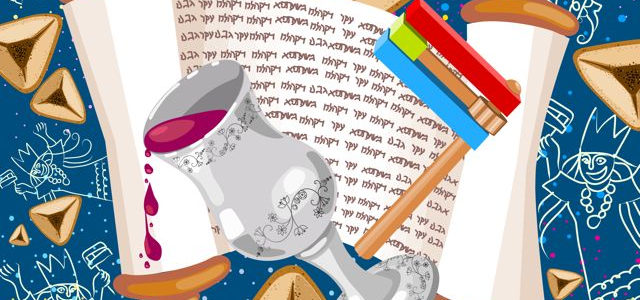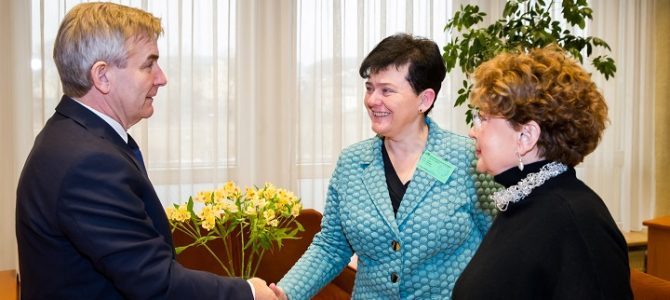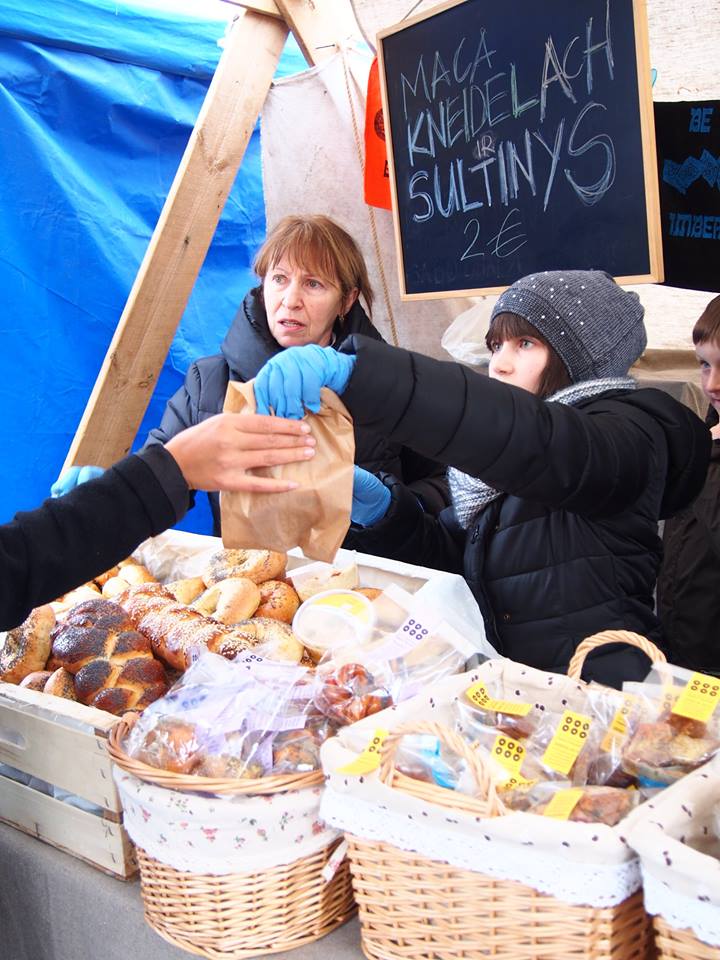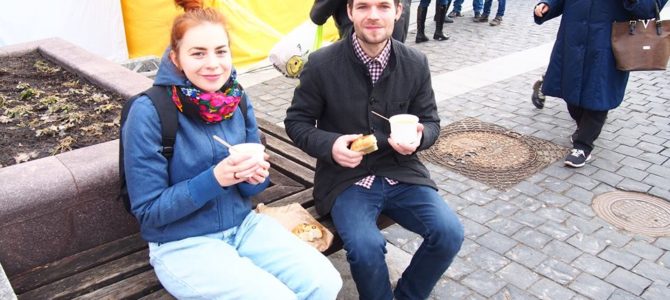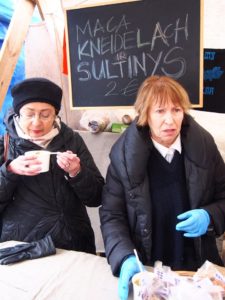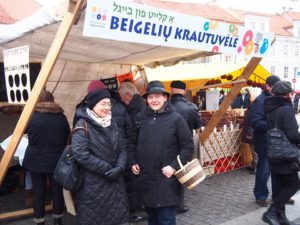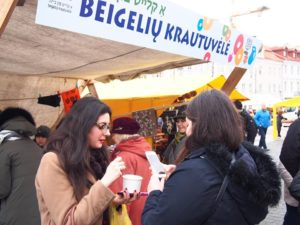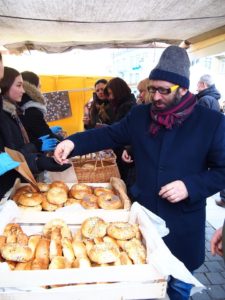I wish all members of the community a happy holiday!
For Litvaks Lithuania is the land of our ancestors, and March 11, the day 27 years ago when Lithuanian independence was restored, is an important holiday for us, marking as well the beginning of the rebirth of the surviving Jewish community. March 11 is for each of us an exceptional and dear day, and we cannot allow ourselves to forget how important the state where we live and where our children grow is to us. In 1918 as the first Republic of Lithuania was being born her Jewish citizens volunteered to fight for Lithuanian freedom, and went on to foster the economic and social welfare of this state.
In the run-up to March 11, significant activity by the Lithuanian Jewish initiative group took place in 1988 dedicated to the rebirth of Jewish culture. After the Lithuanian independence movement Sąjūdis was established, Lithuanian Jews were faced with the dilemma of how Jewish relations with the Lithuanian national movement would develop as the wounds of the Holocaust remained painful, recalling the tragedy which took place in this country.
Along side the rebirth of Lithuanian independence, first came the rebirth of Jewish cultural activity, and the Jewish Cultural Association was the first to hold a congress, beginning the conversation about the destruction of the Jewish community during the Holocaust in 1989, for the first time since the decline of the Soviet era in Lithuania. I have to say Jewish-Lithuanian relations in the historical context, their evaluation and research began exactly with the rebirth of independence when there had to be an assessment of the Holocaust and the active role played by Lithuanians in it had to be admitted. There were also efforts made to help Jews restore their Jewish identity.
The Jewish communities in the shtetls were exterminated in the Holocaust, the shtetls are gone and Yiddish is no longer spoken in Lithuania. Currently the Jewish communities in Vilnius, Kaunas, Klaipėda, Šiauliai, Panevėžys and Švenčionys have been re-formed. We still dream of a revival of the Yiddish language.
In the recent past we have sensed the emergence of a new generation in Lithuanian society who are interested in Jewish history and the life of the Jews in Lithuania, and slowly but surely stereotypical thinking is fading away.
When we speak of the values of March 11, we underline human rights and freedoms and their necessary consolidation and growth. We hope for the generation who understand their importance and who cherish and protect these rights and freedoms, and who connect love for their native land with self-respect and respect for all of its citizens.



